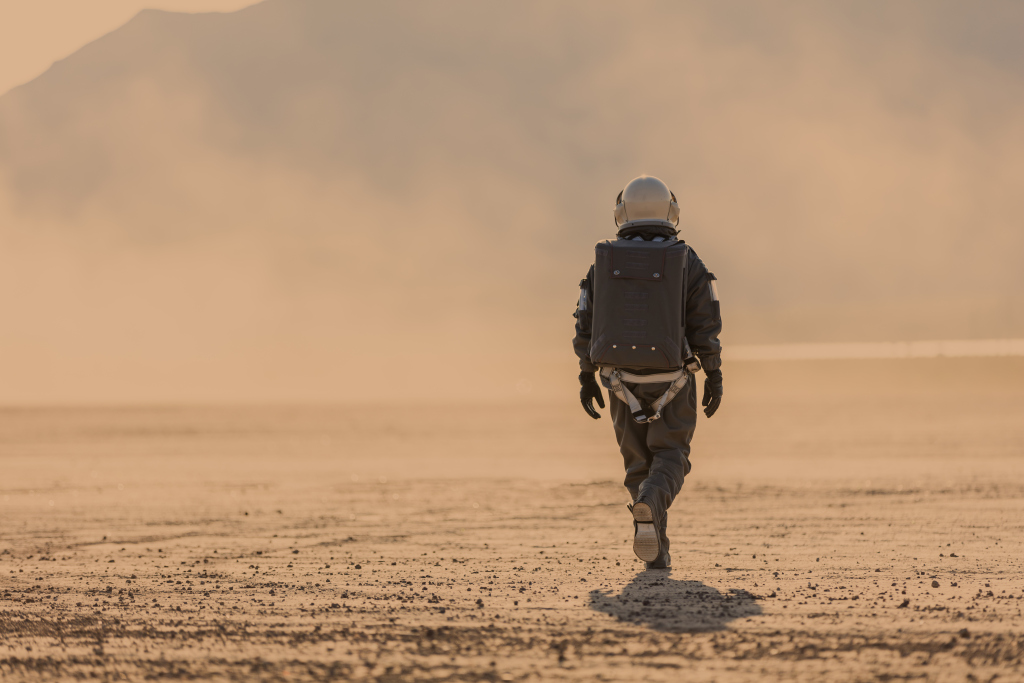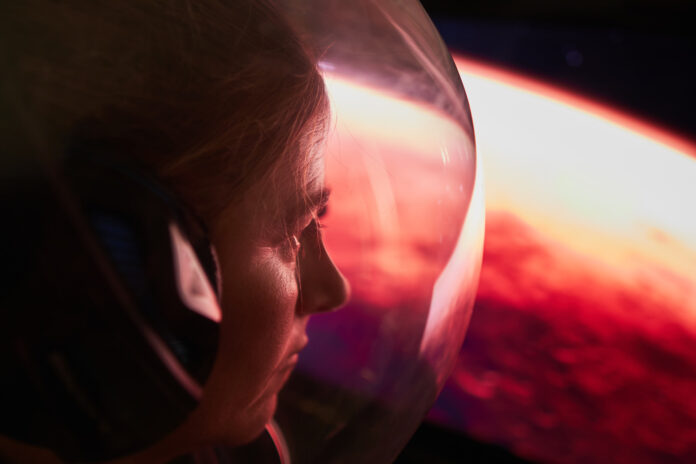Elon Musk’s dream of establishing a human colony on Mars faces a unique obstacle: biology. The SpaceX founder envisions making humanity a multi-planet species, with ambitious plans to settle a million people on Mars by 2050. His Starship project aims to send a small group of astronauts to the Red Planet by the end of this decade. However, scientists caution that conditions on Mars may seriously hinder human reproduction.

Harsh conditions for human life
Mars’ low gravity, lack of atmosphere, and intense radiation pose major health challenges. The low gravity could impact embryonic development, and sperm mobility might also be affected. Additionally, cosmic radiation could damage DNA and increase mutation rates, complicating healthy reproduction.

Professor Cullen highlighted numerous unanswered questions, including how Mars’ gravity would impact human development over a lifetime. “One major question involves later stages of the human life cycle,” he told MailOnline. “We need to understand the effects of reduced gravity on the development of the musculoskeletal system after birth, as well as in childhood and adolescence. The gravity environment exerts a dynamic effect on the musculoskeletal load, shaping its development.”
Whether humanity can overcome these challenges and realize the dream of a Mars colony remains to be seen.


